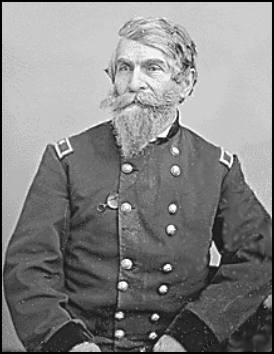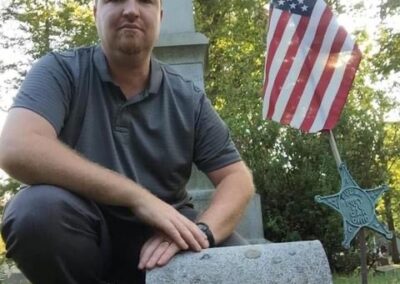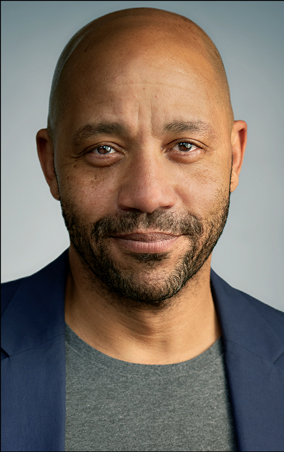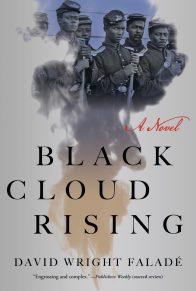Monthly Meetings
The round table meets on the third Tuesday of the month from September through May, except April, at the Bloomington Event Center, 1114 American Boulevard West, Bloomington, MN 55420, for members and their guests. Social hour starts at 5:30 pm followed by dinner and a speaker at 6:25 pm. If you are not yet a member please see Join the Table for more information or contact Carol VanOrnum, Treasurer, at info@tccwrt.com.
For a more complete description of the program, and a speaker bio, click on the presentation title.
The Bloomington Event Center has been an excellent venue and partner to the TCCWRT, contributing to the Round Table’s health and its growth. For more information about the Bloomington Event Center, click here.
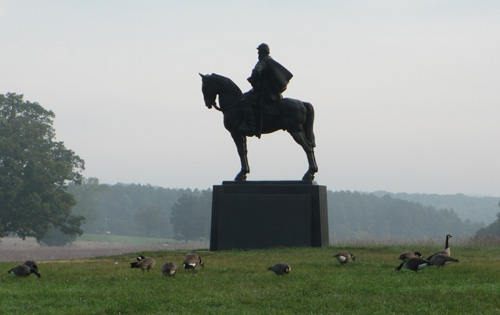
2023-2024 Guest Speaker Schedule
September 19, 2023: “An Introduction to Mosby’s Rangers – Eric W. Buckland
September 19, 2023
“An Introduction to Mosby’s Rangers – Eric W. Buckland
September 19, 2023
In his presentation, “An Introduction to Mosby’s Rangers”, Eric Buckland will discuss the forming of the unit – formally known as the 43rd Battalion Virginia Cavalry – and how it became a highly effective and efficient Partisan Ranger unit. He will talk about some of the “myths” and “legends” that have been passed down over the years and separate fact from fiction. Eric will also provide anecdotes and biographical information about a few of the more “colorful” Rangers.
Eric Buckland has written several books about the lives of some of the men who rode with the 43rd Battalion Virginia Cavalry – Mosby’s Rangers. He has given over 100 presentations about the stories in his books. He has appeared on C-Span and had two articles published in America’s Civil War magazine.
Eric graduated from the University of Kansas and was commissioned a Second Lieutenant in the United States Army. The majority of his 22-year military career was spent in Special Forces. He retired as a Lieutenant Colonel. Some of his awards include the Ranger Tab, Special Forces Tab, Master Parachutist Badge, Special Operations Combat Diver Badge, and the Combat Infantryman’s Badge.
He retired at the end of 2021 from his second career as a Policy Analyst in the White House Office of National Drug Control Policy.
He recently completed his third term as President of The Stuart-Mosby Historical Society and continues as the Editor of the Society’s newsletter, The Southern Cavalry Review.
Eric and his wife, Maureen, have been married for over 44 years and reside in Centreville, VA. They have three sons and four grandsons.
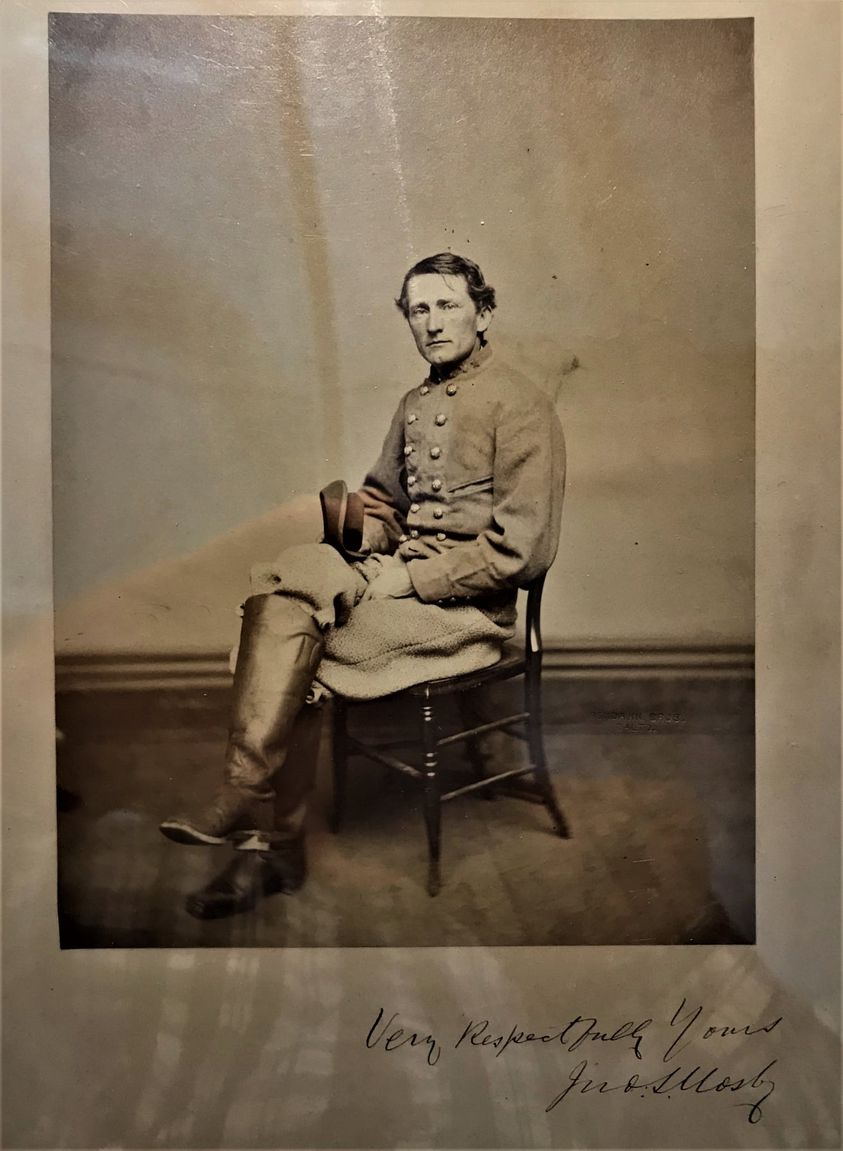
October 17, 2023: “General Grenville Dodge, Grant’s Chief Intelligence Officer” – Prof. William Feis
October 17, 2023
“General Grenville Dodge, Grant’s Chief Intelligence Officer”
– Prof. William Feis
October 17, 2023
Whether fighting Confederates during the Civil War or constructing the Union Pacific Railroad in the West afterwards, Grenville M. Dodge’s extraordinary life made him a national hero and, in the words of one contemporary, the very symbol of “the American ideal of courage, vision, action and candor.” But Dodge’s contributions went beyond helping save the Union and linking America by rail. This presentation will examine Dodge’s unique Civil War service and his railroading days but will also illuminate other important aspects of his long life, including his steadfast devotion to his fellow veterans and his deep love for his hometown of Council Bluffs, Iowa. These insights provide more texture and depth to Dodge’s remarkable life—a life his friend Theodore Roosevelt believed was “essentially American.”
Dr. William B. Feis received a BA and MA in History from the University of Nebraska-Lincoln and a PhD in Military History from The Ohio State University. He is the author of Grant’s Secret Service: The Intelligence War from Belmont to Appomattox (University of Nebraska Press, 2002) and co-author of For the Common Defense: A Military History of the United States from 1607 to 2012 (Free Press, 2012). He also wrote “Essentially American”: General Grenville M. Dodge and Family (Donning Publishers, 2017), a work commissioned by the Historic General Dodge House in Council Bluffs, Iowa. Dr. Feis gave an invited lecture on his book Grant’s Secret Service at the National Civil War Museum in Harrisburg, Pennsylvania, which aired on C-Span 3 American History TV in September 2018. He is currently working on editing a collection of letters from soldiers serving in Iowa and Indiana regiments during the Civil War. Dr. Feis is Professor of History at Buena Vista University where he has been teaching for over 25 years.

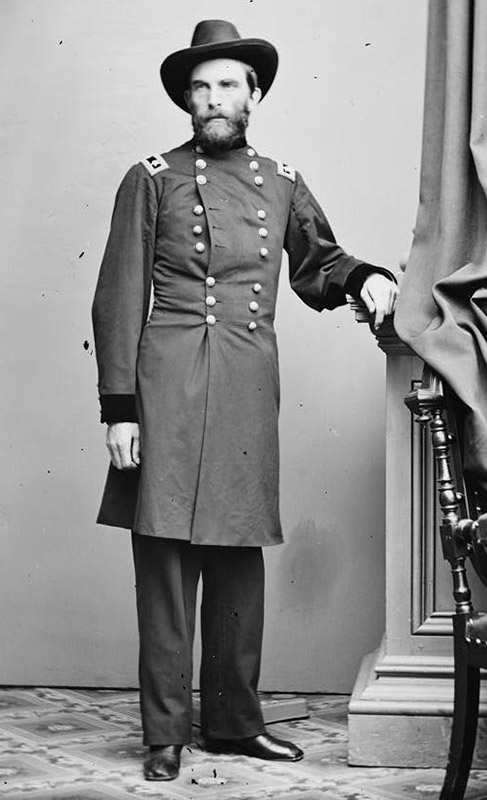
November 14, 2023: “General George Sears Greene & Culp’s Hill” – Dan Welch
November 14, 2023
“General George Sears Greene & Culp’s Hill”
Dan Welch
November 14, 2023
“Where all so well did their duty…” George Sears Greene’s Brigade at Gettysburg
Against overwhelming odds, this lone Union brigade held Culp’s Hill in a climactic action on July 2, 1863. Learn about Greene, his men, and their gallant service on the slope of Culp’s Hill in this exciting program.
Dan Welch is an educator with a public school district in northeast Ohio. Previously, he served as the education programs coordinator for the Gettysburg Foundation, and he continues to serve as a seasonal park ranger at Gettysburg National Military Park. Dan is the editor of the long-running Gettysburg Magazine. Welch received his BA in Instrumental Music Education from Youngstown State University, MA in Military History with a Civil War Era concentration at American Military University. A lifelong student to the Civil War era, Dan has been a contributing member at Emerging Civil War for over seven years and is the coauthor of two works in the Emerging Civil War Series: The Last Road North: A Guide to the Gettysburg Campaign, 1863 and Never Such A Campaign: The Battle of Second Manassas, August 28-30, 1862. Welch has also co-edited several volumes in the Emerging Civil War’s Tenth Anniversary Series, including: Grant Vs. Lee, The Summer of ‘63: Vicksburg & Tullahoma, and The Summer of ‘63: Gettysburg. Dan is also the co-author of Ohio at Antietam: The Buckeye State’s Sacrifice on America’s Bloodiest Day with the History Press. Dan resides with his wife, Sarah, and three Labrador retrievers in Boardman, Ohio.
December 19, 2023: “General Grant as Commander-in-Chief of the Union Armies” – Christopher L. Kolakowski
December 19, 2023
“General Grant as Commander-in-Chief of the Union Armies”
– Christopher L. Kolakowski
December 19, 2023
Ulysses S. Grant became a Lieutenant General and Commander of the U.S. Army in 1864. In contemporary eyes, this was a major moment in the war. This talk will examine that appointment, what went into it, and what came of it.
Christopher L. Kolakowski is Director of the Wisconsin Veterans Museum, a position he has held since January 6, 2020. He was born and raised in Fredericksburg, Va, but his mother’s family has very deep roots in the Badger State. Chris received his BA in History and Mass Communications from Emory & Henry College, and his MA in Public History from the State University of New York at Albany.
Chris has spent his career interpreting and preserving American military history with the National Park Service, New York State government, the Rensselaer County (NY) Historical Society, the Civil War Preservation Trust, Kentucky State Parks, the U.S. Army, and the MacArthur Memorial. He has written and spoken extensively on various aspects of military history and leadership from 1775 to the present, and was the inaugural Director of the General George Patton Museum and Center of Leadership at Fort Knox, Kentucky.
Chris has published three books on the Civil War and two on World War II in the Pacific. He is a reviewer and contributor to the Air Force Journal of Indo-Pacific Studies and a Senior Fellow at the Consortium of Indo-Pacific Researchers. His latest book, titled Nations in the Balance and released March of 2022, is about the 1944 India-Burma battles.
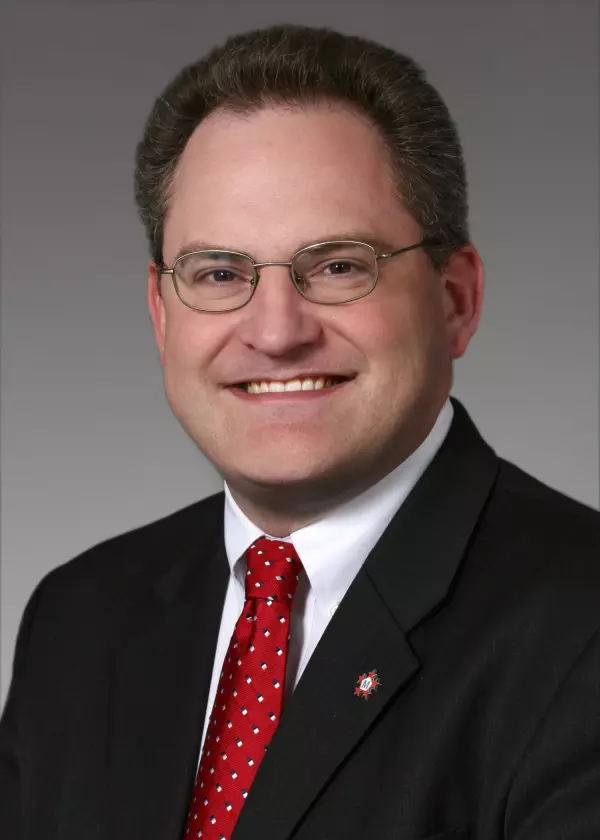
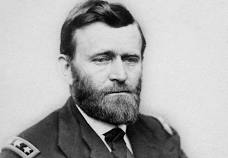
January 16, 2024: “Civil War Ciphers & Codes Wartime Evolution” – Derek Lee
January 16, 2024
“Civil War Ciphers & Codes Wartime Evolution”
– Derek Lee
January 16, 2024
Beginning with a history of cryptography, this presentation briefly examines the evolution of code systems prior to the Civil War. With the advent of the telegraph, encryption became increasingly essential to military communications. Because telegraph lines could easily be tapped by either side to intercept critical intelligence, both the Union and Confederate armies employed ciphers to protect messages. Were these methods effective? Was either side successful in cracking their opponent’s codes? How do these early encryption systems relate to modern-day technologies? By comparing the Union Stager Cipher and the Confederate adaptation of the Vigenère Cipher, this presentation explores the strengths and weaknesses of both. In addition, other forms of coded messages employed during the Civil War are also described including the Signal Corps, spies, and high-ranking individuals.
Derek Lee received his BA from Luther College in Decorah, Iowa, majoring in anthropology and mathematics. He went on to receive an MS in Geographic Information Systems from St Mary’s University in Winona, Minnesota. Mr. Lee is the Director of Bear Creek Archeology in Cresco, Iowa where he has contributed to over 2,750 cultural resource management projects throughout the upper Midwest. He has contributed to numerous journal articles and book chapters regarding various topics in archaeological research. In addition, Mr. Lee has presented at local, regional, national, and international conferences on technology-assisted methods of archaeological excavation. Mr. Lee combines his cross-disciplinary interests in modern computer science, history, and mathematics into a fun and comprehensible presentation on an intriguing and often-overlooked topic.
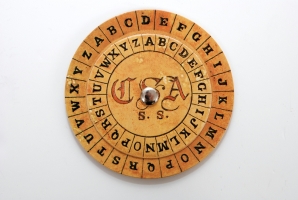
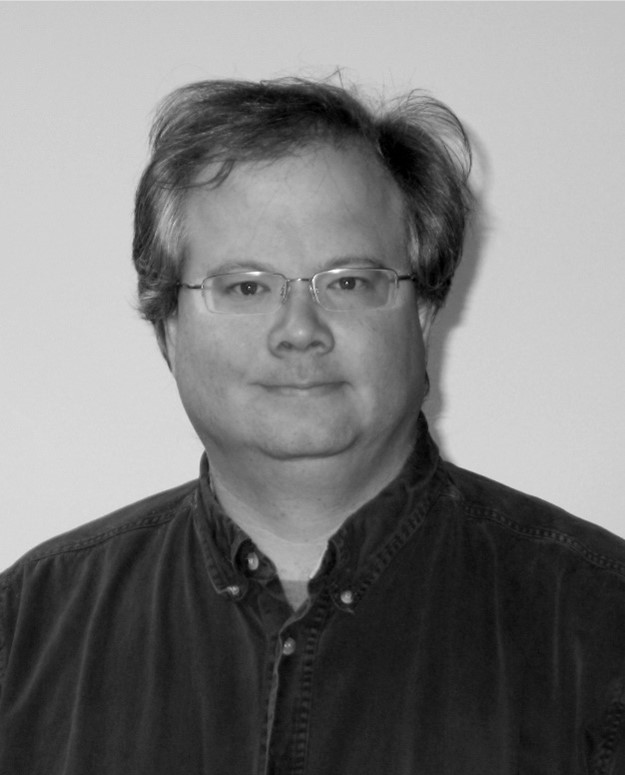
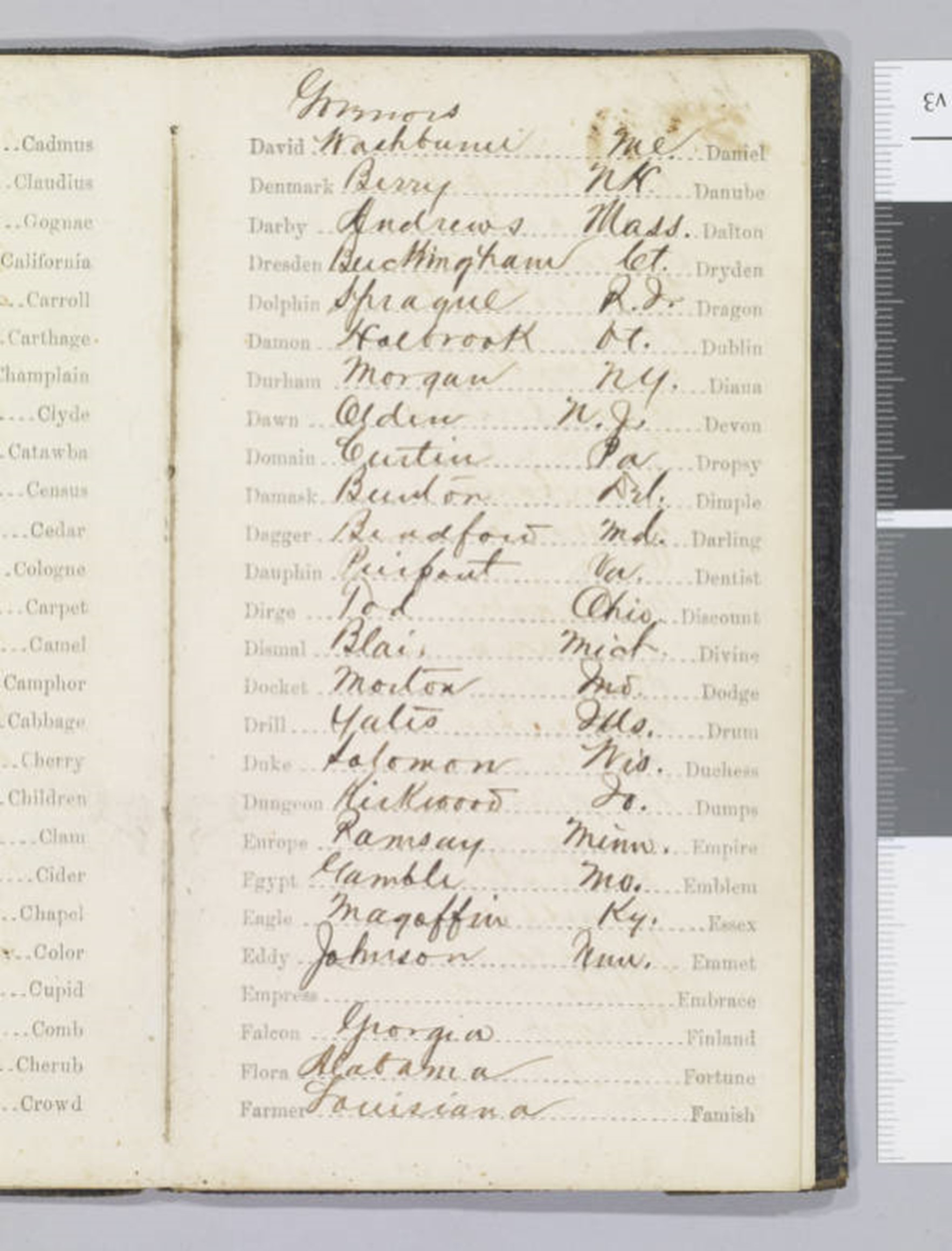
February 20, 2024: “The Concept of “Cowardice” in the Civil War” – Dr. Lesley Gordon
February 20, 2024
“The Concept of “Cowardice” in the Civil War” – Dr. Lesley Gordon
February 20, 2024
The 2nd Texas Infantry Regiment went to war with high expectations that they would perform bravely in battle. Soon after their baptism of fire at Shiloh, however, they faced stinging accusations of cowardice. For the rest of their military service, these allegations cast a shadow even after the martyred death of their colonel and their designation as elite sharpshooters at Vicksburg. After the war and beyond, acknowledgment of these charges was largely forgotten, replaced with the rhetoric of the Lost Cause and a celebration of Confederate heroism. Dr. Gordon’s talk recounts the experience of this unit and the wider significance of exploring instances of cowardice in the Civil War.
Lesley J. Gordon earned her BA with High Honors from the College of William and Mary, and her MA and PhD in American History from the University of Georgia. She presently holds the Charles G. Summersell Chair of Southern History at the University of Alabama. Her publications include General George E. Pickett in Life and Legend (University of North Carolina Press, 1998), Inside the Confederate Nation: Essays in Honor of Emory M. Thomas (Louisiana State University Press, 2005), and A Broken Regiment: The 16th Connecticut’s Civil War (Louisiana State University Press, 2014). She has published numerous articles, book chapters and book reviews, and her public talks have been featured on C-Span. She was editor of the academic journal Civil War History (2010-2015), and is now President of the Society for Civil War History (2022-2024). Her current book project explores accusations of cowardice and their lasting effects on two Civil War regiments.

March 19, 2024: “Food and Hunger During the Civil War” – Prof. Anne Rubin
March 19, 2024
“Food and Hunger During the Civil War“ – Prof. Anne Rubin
March 19, 2024
“Food and Hunger in the Civil War South” explores what ordinary people ate as the war disrupted the Confederate food supply. Elite Confederates became known for their substitutes for coffee, sugar and other staples, but this project also takes on the problem of hunger from the bottom up, prioritizing the struggles of ordinary people, both black and white. Too, it carries the story of wartime starvation into the challenging early years of Reconstruction, through the so-called Famine of 1867. Food came to symbolize patriotism and resistance, self-reliance and dependence, and gives us a powerful window into a tumultuous period.
Anne Sarah Rubin is a Professor of History at the University of Maryland, Baltimore County, where she was the 2016-2017 Lipitz Professor of the Arts, Humanities, and Social Sciences. She was also the Associate Director of the Imaging Research Center from 2017-2020. Dr. Rubin received her AB from Princeton University and her MA and PhD from the University of Virginia. Her most recent book is the co-edited memoir, The Perfect Scout: A Soldier’s Memoir of the Great March to the Sea and the Campaign of the Carolinas (University of Alabama Press, 2018). Her study of the place of Sherman’s March in American culture and history, entitled Through the Heart of Dixie: Sherman’s March in American Memory was published in September 2014 by UNC Press. The project also has a multimedia component, which can be found at http://www.shermansmarch.org. She is currently working on a project called Confederate Hunger: Food and Famine in the Civil War South, 1860-1868.
Dr. Rubin’s first book, A Shattered Nation: The Rise and Fall of the Confederacy (UNC, 2005), received the 2006 Avery O. Craven Award from the Organization of American Historians, for the most original book on the Civil War era. She was a co-author of the award-winning Valley of the Shadow, an interactive history of the Civil War in two communities. She has also published numerous essays and journal articles.
Dr. Rubin was President of the Southern Association of Woman Historians 2022 and has been a member of their Executive Council from 2014-2016 and 2020-2023. She served as President of the Society of Civil War Historians from 2012-2014 and was a member of its Advisory Board from 2014-2016. She has served on the Maryland State Archives Legacy of Slavery Project Advisory Board and the Editorial Board of Civil War History. She is also an OAH Distinguished Lecturer.
Her personal website can be found at http://annesarahrubin.com.
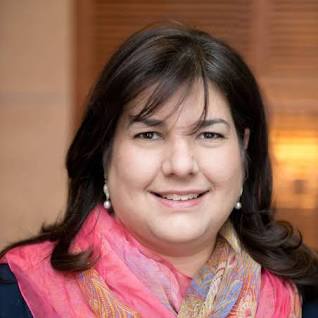
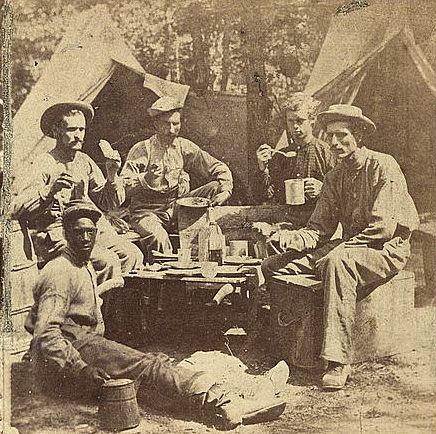
May 21, 2024: “U.S. Colored Troops at War” – Dr. David Wright Falade
May 21, 2024
“U.S. Colored Troops at War”
– Dr. David Wright Falade
May 21, 2024
Professor Faladé will speak on his research and discoveries while writing Black Cloud Rising, concerning the U.S. Colored Troops and their activities in North Carolina and the Outer Banks. Of particular interest is the action by the African Brigade, a unit of former slaves led by General Edward Augustus Wild, in hunting down rebel guerillas in that area.
A former Fulbright Fellow to Brazil, David Wright Faladé is the 2021-22 Mary Ellen von der Heyden Fellow of the NY Public Library’s Cullman Center for Writers. His work has been recognized by the Zora Neale Hurston/Richard Wright Foundation, the National Endowment for the Humanities, and the Texas Institute of Letters. He teaches in the MFA program at the University of Illinois.
David Wright Faladé is the author of three books: the narrative history Fire on the Beach: Recovering the Lost Story of Richard Etheridge and the Pea Island Lifesavers, and the novels Away Running and most recently, Black Cloud Rising. An excerpt from Black Cloud Rising, entitled “The Sand Banks, 1861,” appeared in the New Yorker.
